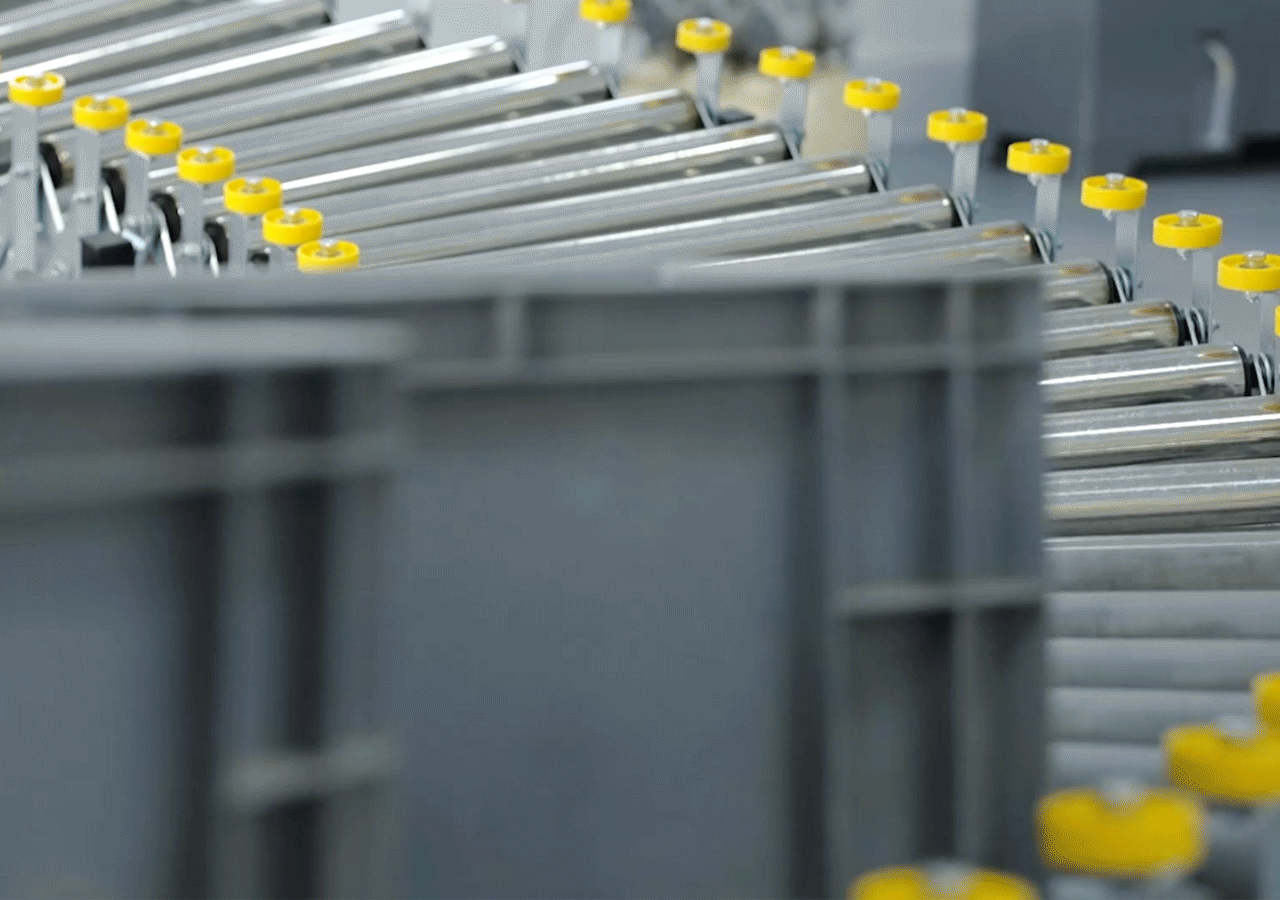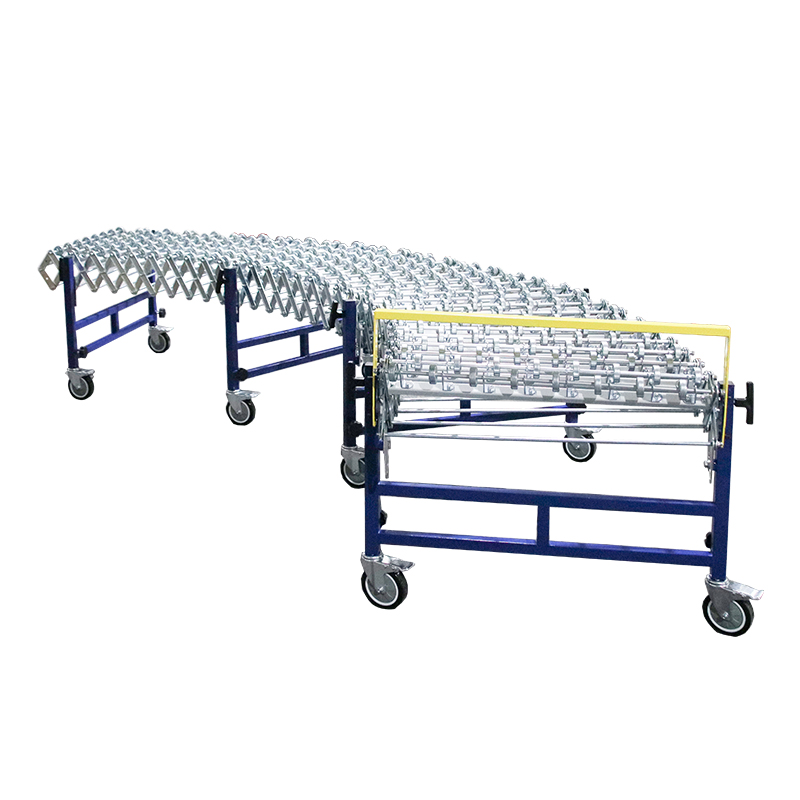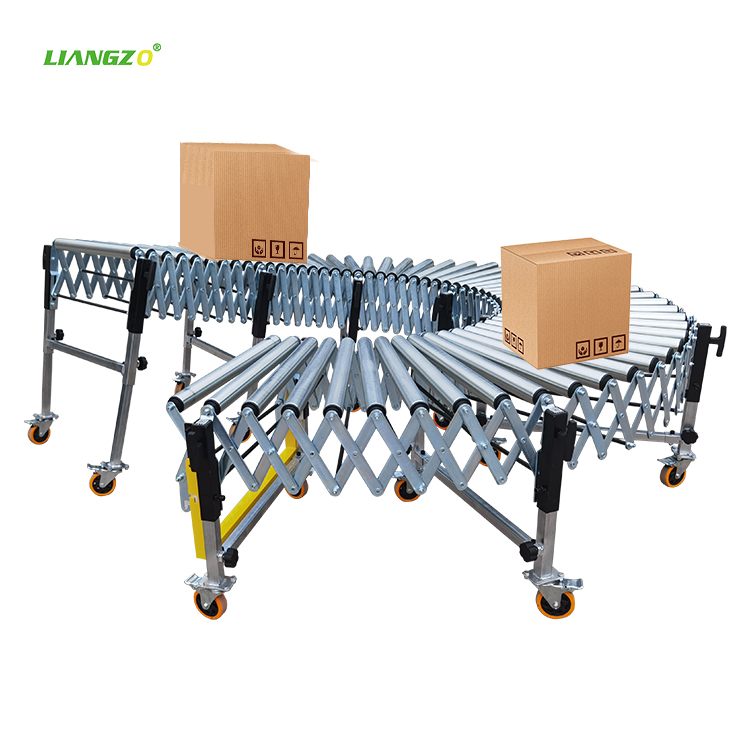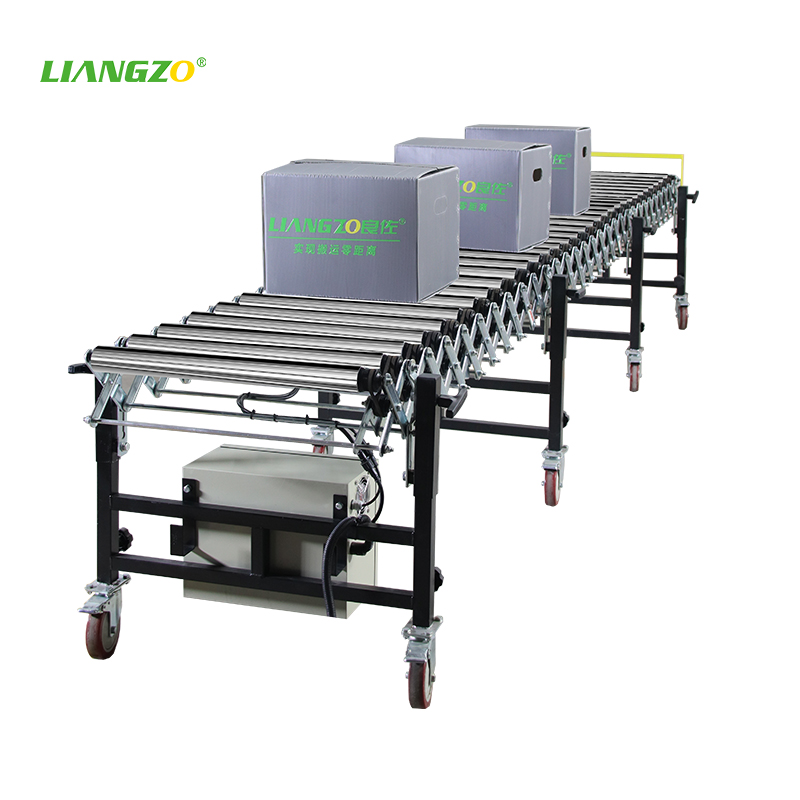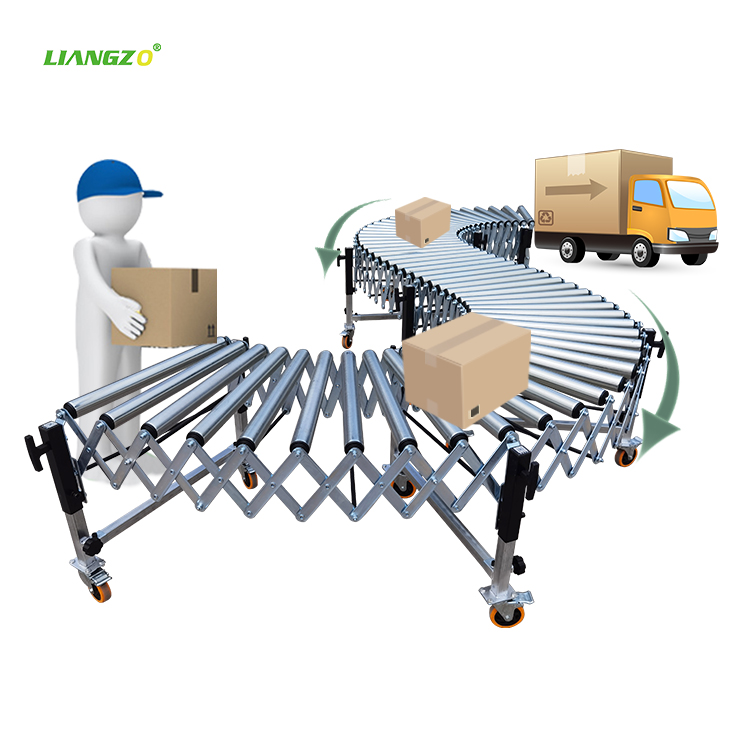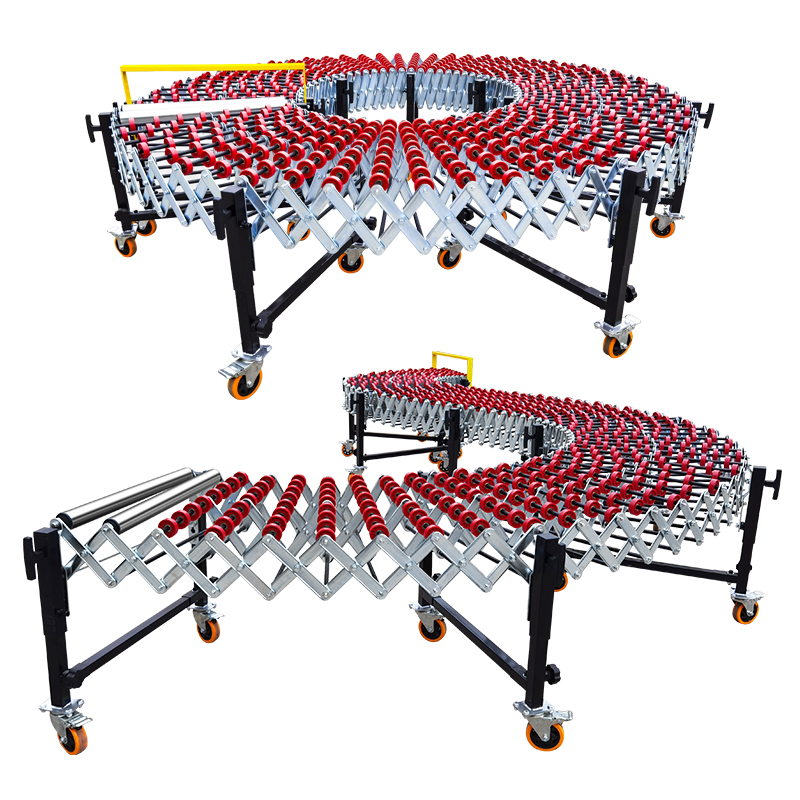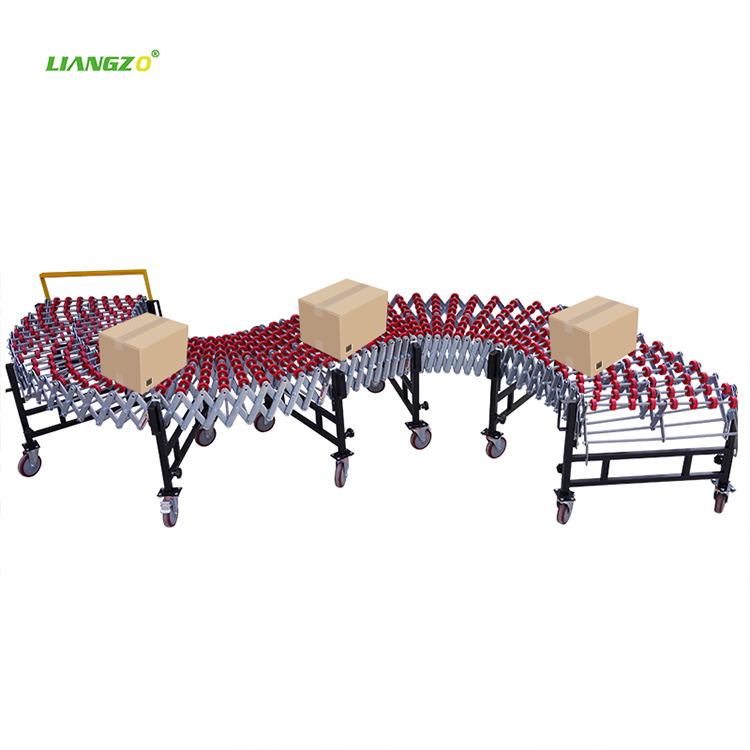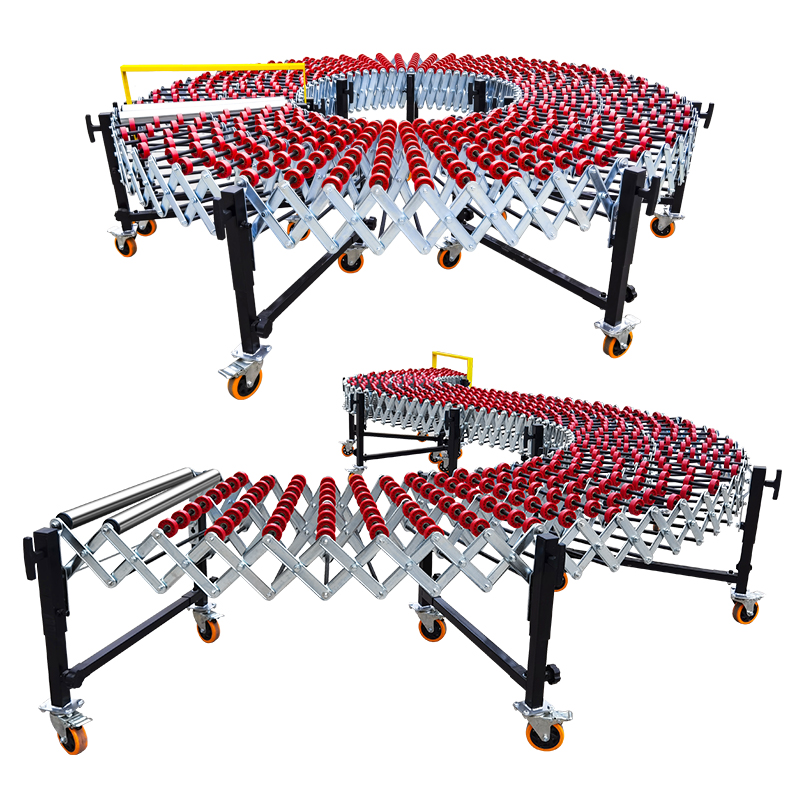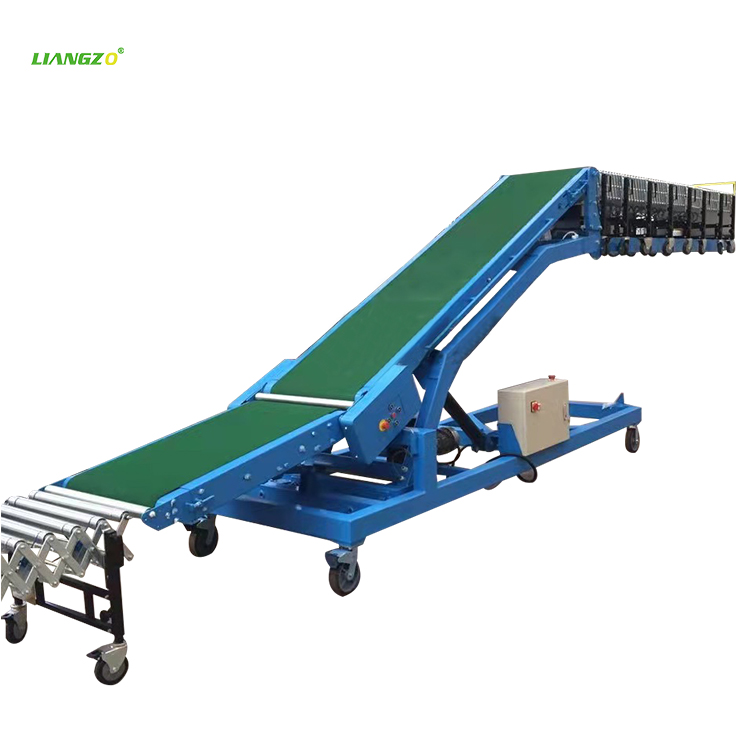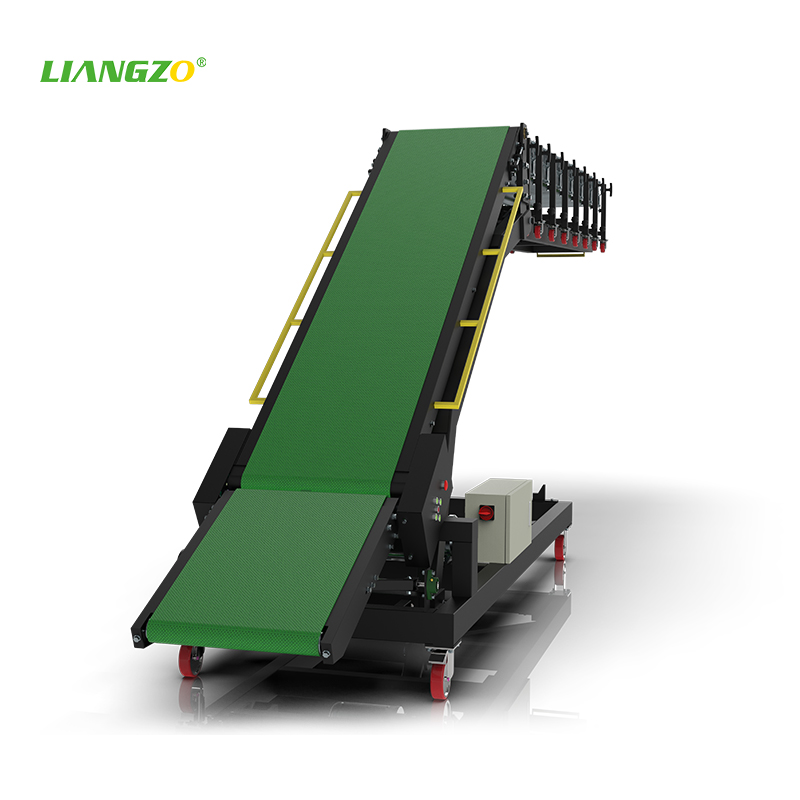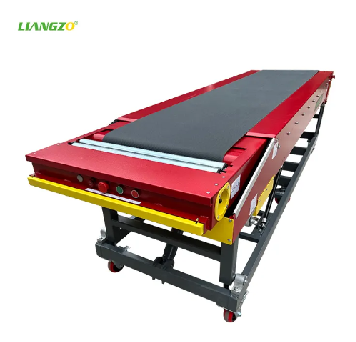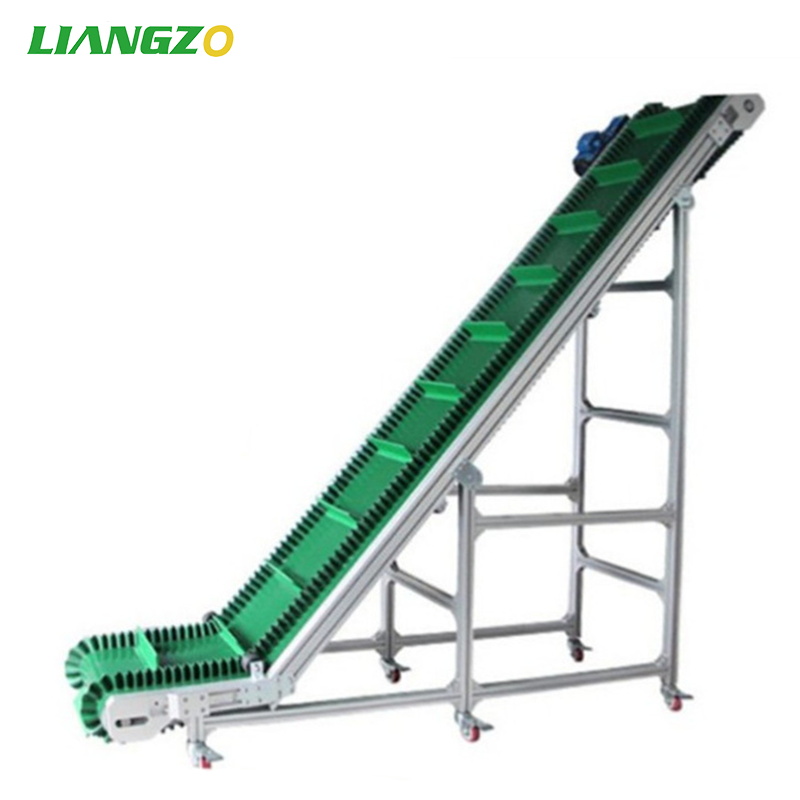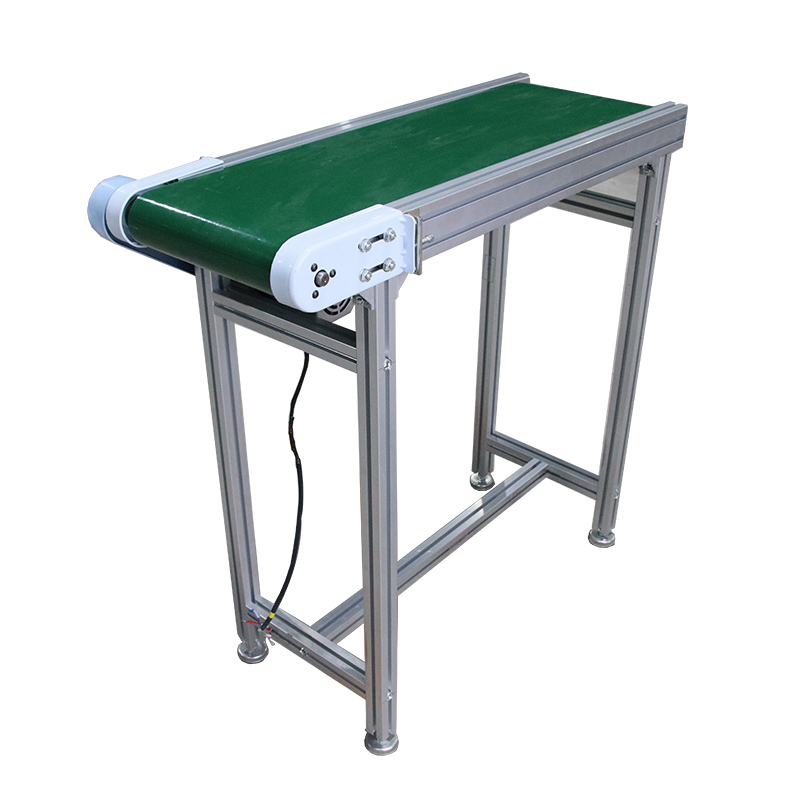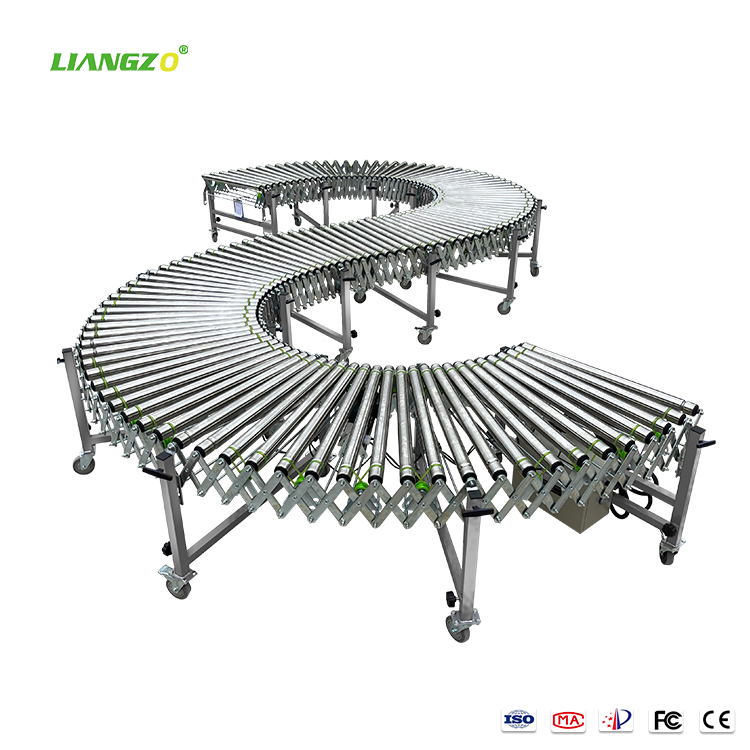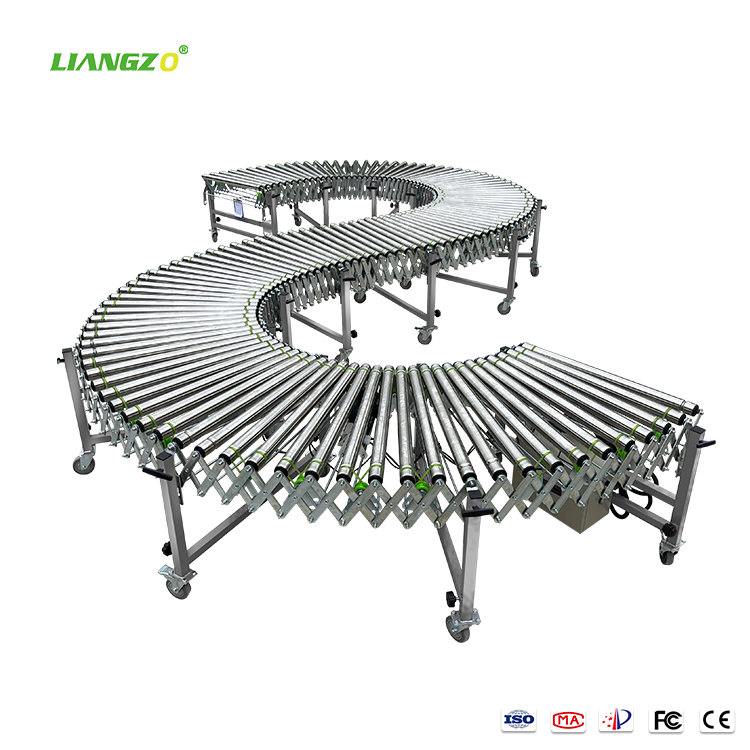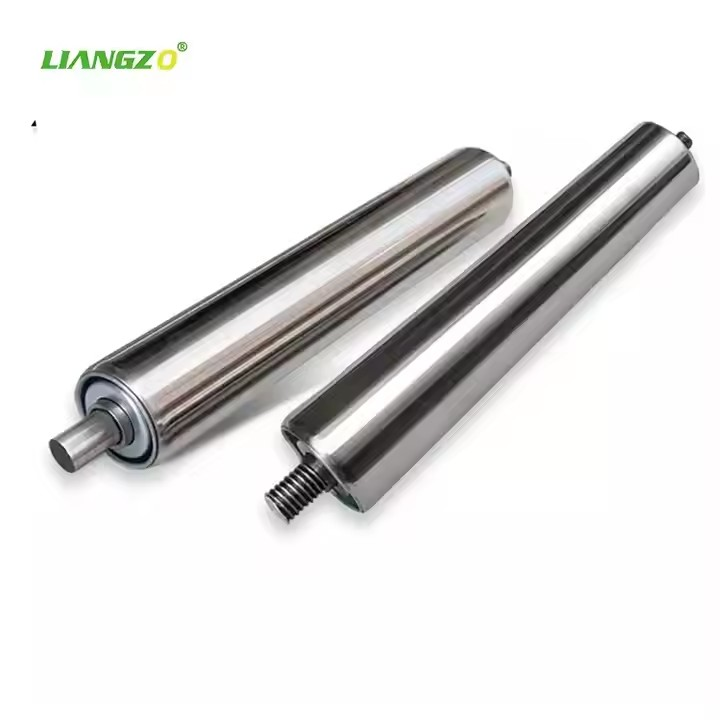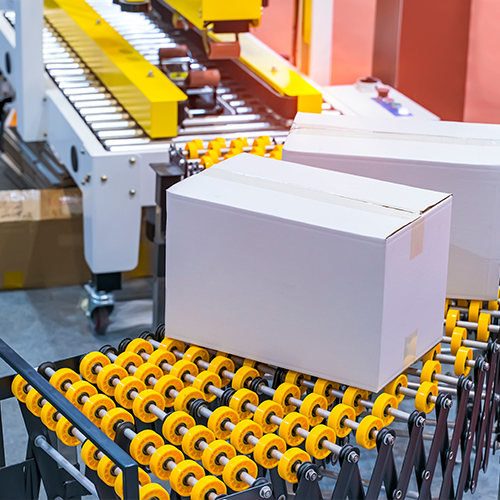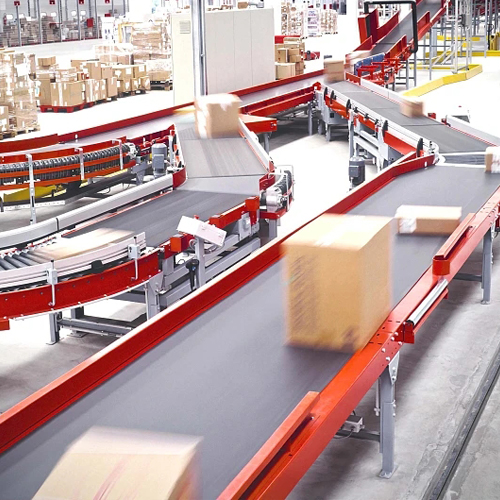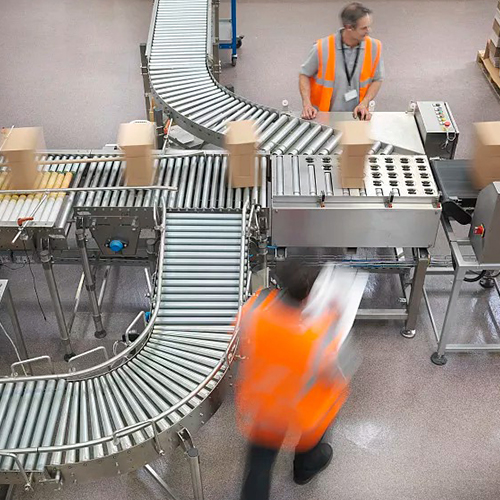Gravity roller conveyors are widely used in various industries due to their simplicity, efficiency, and versatility. Here are some key benefits of using them:
1. Cost-Effectiveness
No Power Requirement: Gravity roller conveyors operate without motors, relying on gravity or manual force, reducing energy costs.
Low Maintenance: With fewer moving parts and no electrical components, these systems require minimal upkeep.
2. Versatility
Wide Range of Applications: Suitable for transporting various types of items, such as boxes, cartons, and pallets.
Adaptability: Available in different sizes, configurations, and materials to suit specific operational needs, including straight, curved, or inclined setups.
3. Ease of Installation and Operation
Simple Design: Easy to set up and integrate into existing conveyor systems.
User-Friendly: No need for specialized training to operate, making them accessible for a wide range of employees.
4. Improved Efficiency
Streamlined Movement: Enables the smooth transport of goods along a predefined path, reducing manual handling and increasing throughput.
Scalable Solution: Can be extended or reconfigured as operational needs change.
5. Durability
Robust Construction: Made from durable materials like steel, aluminum, or plastic, gravity roller conveyors can withstand heavy loads and harsh environments.
Longevity: Minimal wear and tear compared to powered conveyors.
6. Environmentally Friendly
Energy-Saving: Operates without electricity, contributing to a more sustainable operation.
Reduced Carbon Footprint: Ideal for companies looking to minimize environmental impact.
7. Safety
Reduced Strain: Reduces the need for workers to manually carry heavy or awkward items, lowering the risk of injuries.
Controlled Flow: Gravity can be managed with brakes or stops to control the speed of items, enhancing safety.
8. Customizable
Can be tailored with additional features like adjustable legs, side rails, or brakes to meet specific requirements.
Gravity roller conveyors are a practical and economical solution for material handling, particularly in industries like warehousing, manufacturing, distribution, and retail.
